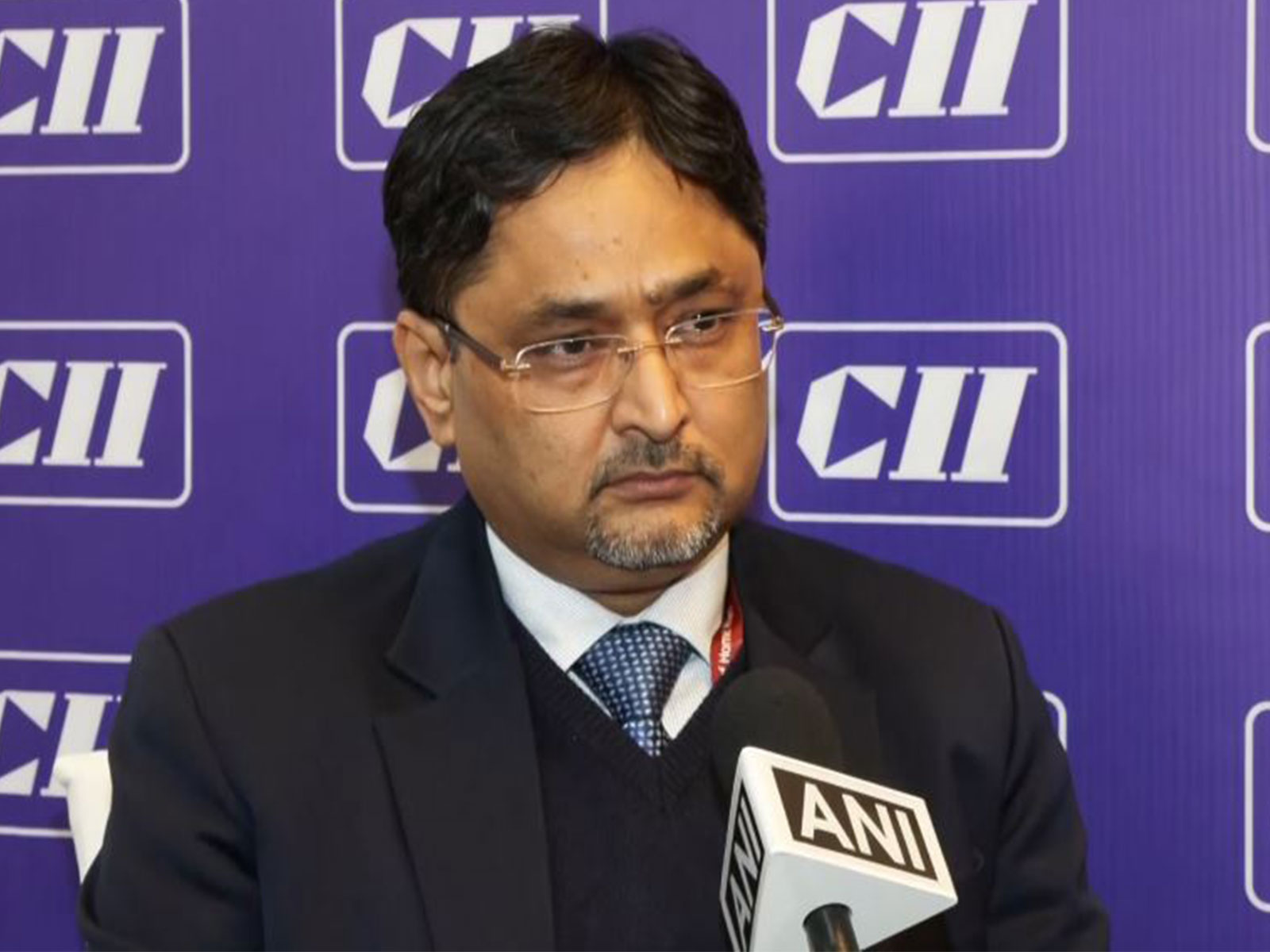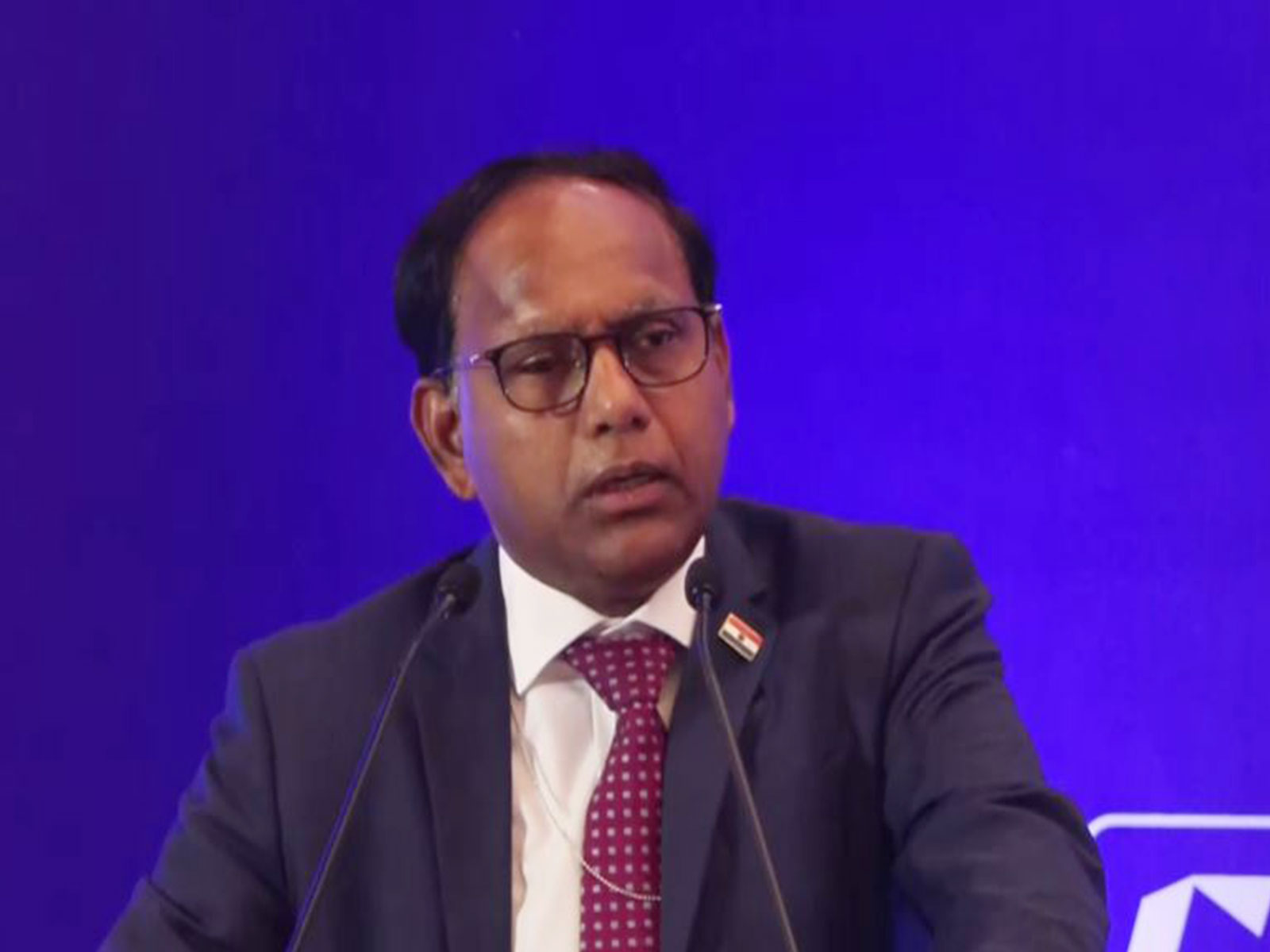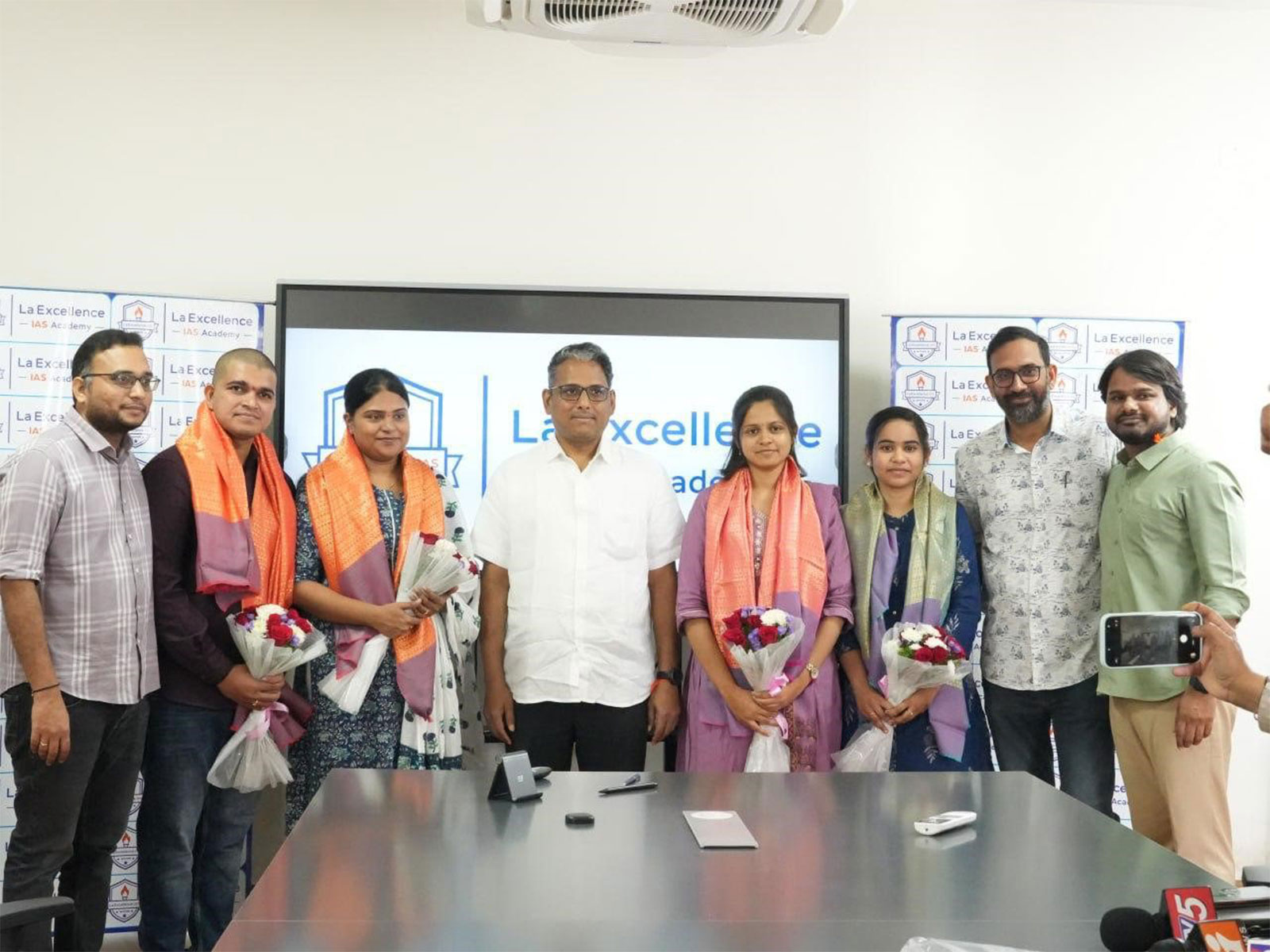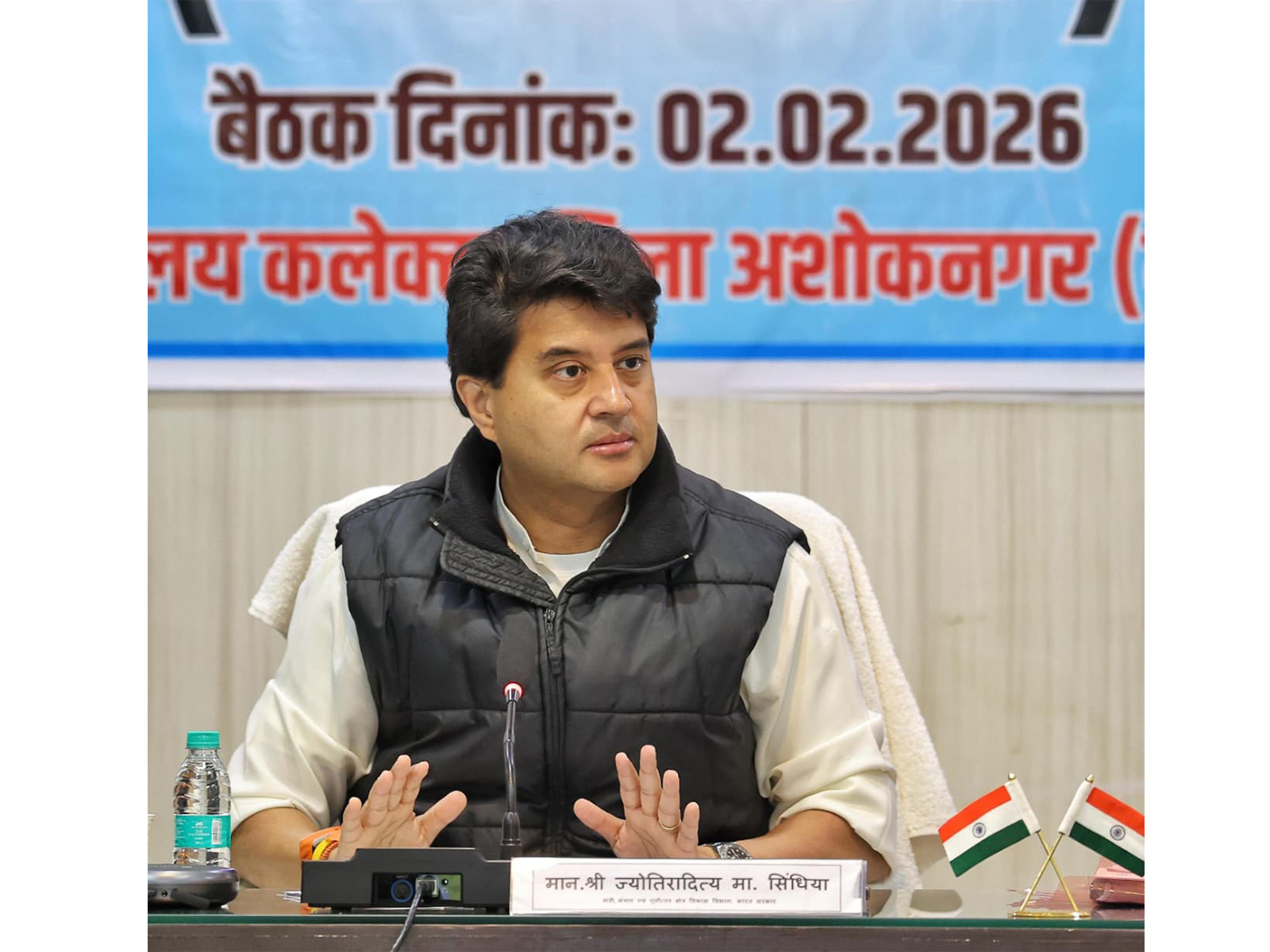CII outlines 10-point roadmap to target inclusive and sustainable growth
Jun 04, 2020

New Delhi [India], June 4 : The Confederation of Indian Industry (CII) has laid out a 10-point roadmap to revive growth and navigate the challenges of loss of lives and livelihoods posed by the global pandemic COVID-19 that has forced countries across the world to reset their growth paths.
CII's new theme for 2020-21 'Building India for a New World: Growth, Lives, Livelihood' was unveiled by newly-elected President Uday Kotak at a press conference held on a virtual platform on Thursday.
"Growth is a necessity that should lead to the creation of more jobs while CII works as a knowledge partner with the government for building self-reliant and competitive India that is deeply engaged with the world," he said.
"COVID-19 has changed the status quo of the world and we need to focus our energies to manage growth, lives and livelihoods while considering the challenges associated with life after COVID," said Kotak.
"We are in uncharted territories and are grappling to find new ways to brave the changes. But we are confident of the resilience of Indian industry and its innovative skills to beat every such challenge," he added.
The CII's 10-point roadmap says the Centre, states and local authorities must work together to ramp up testing infrastructure along with robust identification of containment zones and an agile health and safety response to control the spread of the virus to protect lives and livelihoods.
The pandemic has highlighted the need for a robust healthcare system on the same strategic priority as defence. Education plays a key role in achieving the required levels of standards in the delivery of healthcare, nutrition and hygiene.
The increase in incidences and intensity of natural calamities, locus attacks and spread of disease calls for maintaining harmony with nature. COVID shows that climate change is for real and that industrial activity is an important contributor to climate change.
For substantive economic recovery, government spending will be crucial. Finding the fine balance will be of utmost importance at this crucial juncture as various stressed sectors of the economy will look for relief and stimulus packages.
A battered industry will need support from the government in many forms, including investment-friendly policies that will drive demand and measures to help tide over the liquidity crisis.
The shift to digital during COVID from physical will have a lasting impact in the post-COVID times in terms of consumer behaviour. As industry find new business models, the role of science and technology becomes important.
The post-COVID world is likely to see some transformational changes in the context of jobs in a typical sense. CII will work closely with the government to provide incentives and facilitation to companies wanting to shift their manufacturing operations out of China as part of their de-risking strategy.
For the first time in India, reverse migration was experienced with migrant workers going back. The industry should be encouraged to set up operations in the rural hinterland. A vibrant rural industrial sector will also de-risk the impact of COVID on economic activities as the spread of the virus is far less in rural areas.
Out of the four engines of growth -- consumption, investment, net exports and government spending -- the economy has been primarily growing on government expenditure. This is not sustainable as the fiscal situation is under pressure. Hence, it is essential to re-start the other engines of the economy.
Getting growth back is essential to protect as well as generate jobs and livelihoods. CII will work intensely and closely with all stakeholders to bring back investments. Government spending in public infrastructure and direct benefits cash transfers may help boost demand initially.
But there is a need to find ways to sustain demand particularly in such uncertain times when consumers tend to save and get risk-averse. The need of the hour is for government and industry to work together to return to a sustainable growth path, said CII.



















